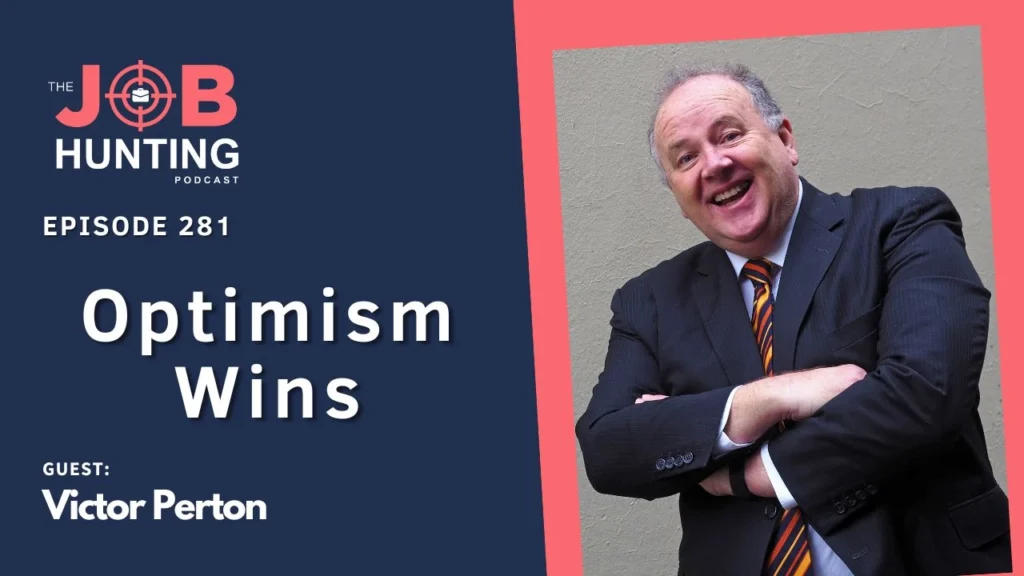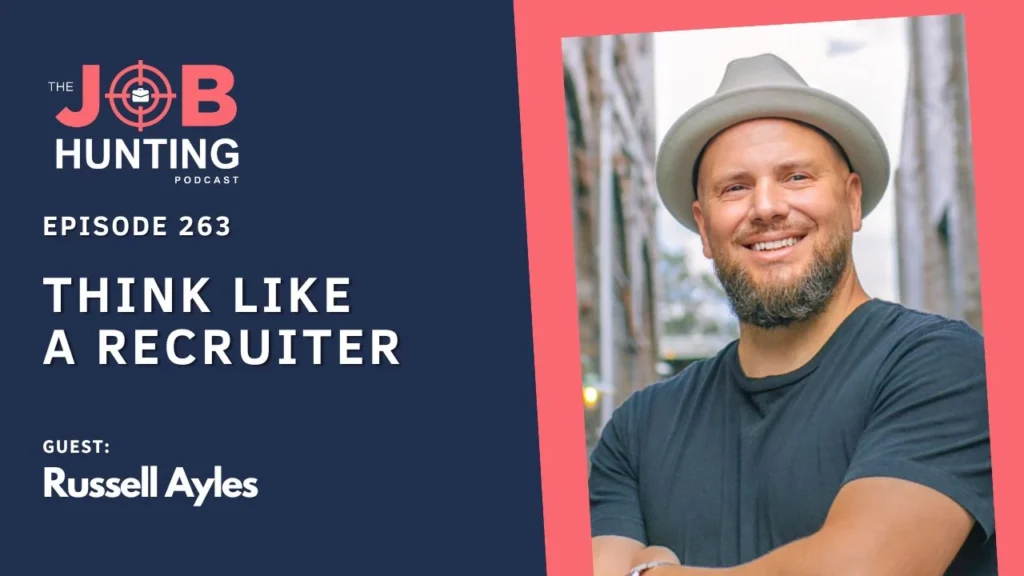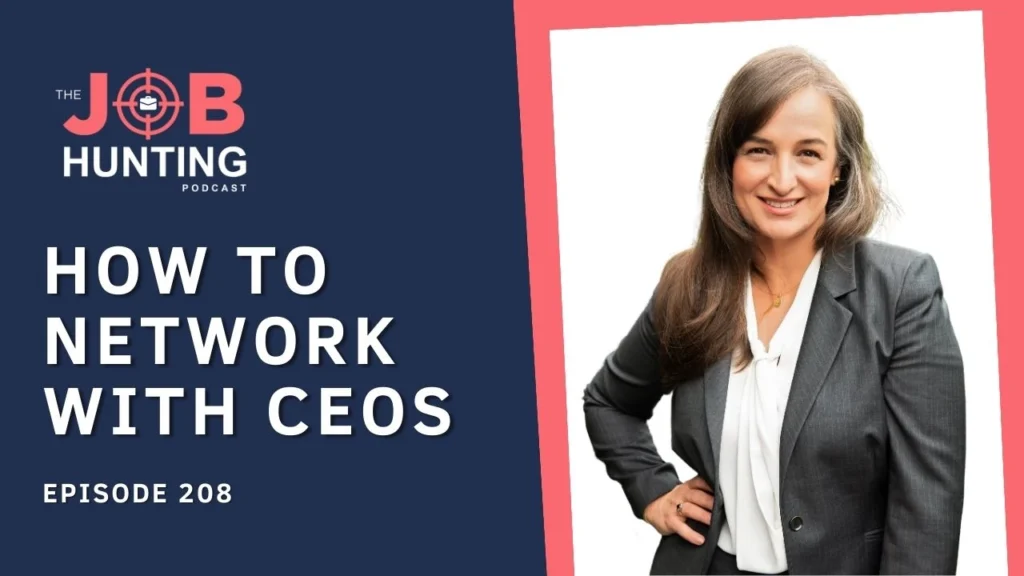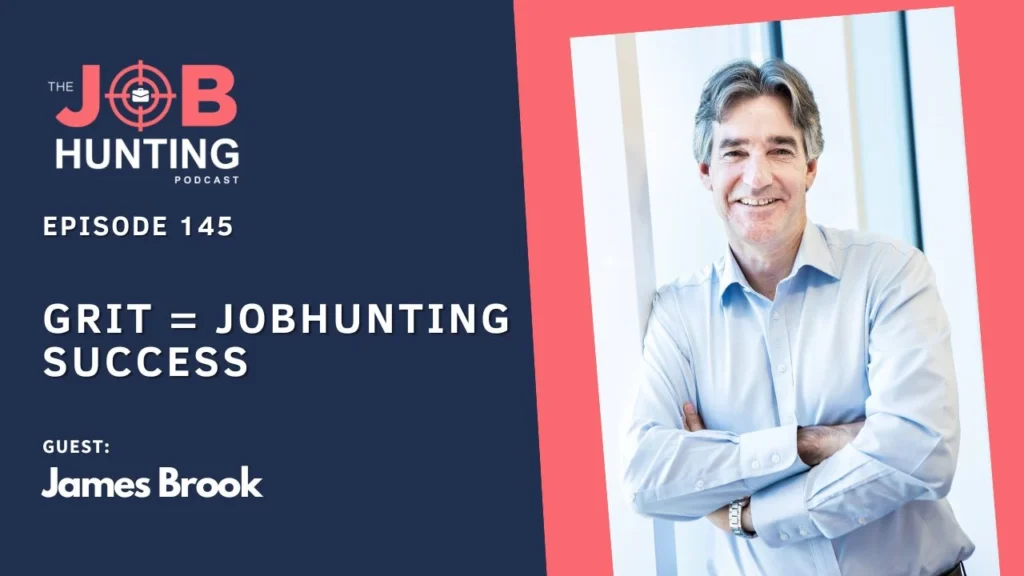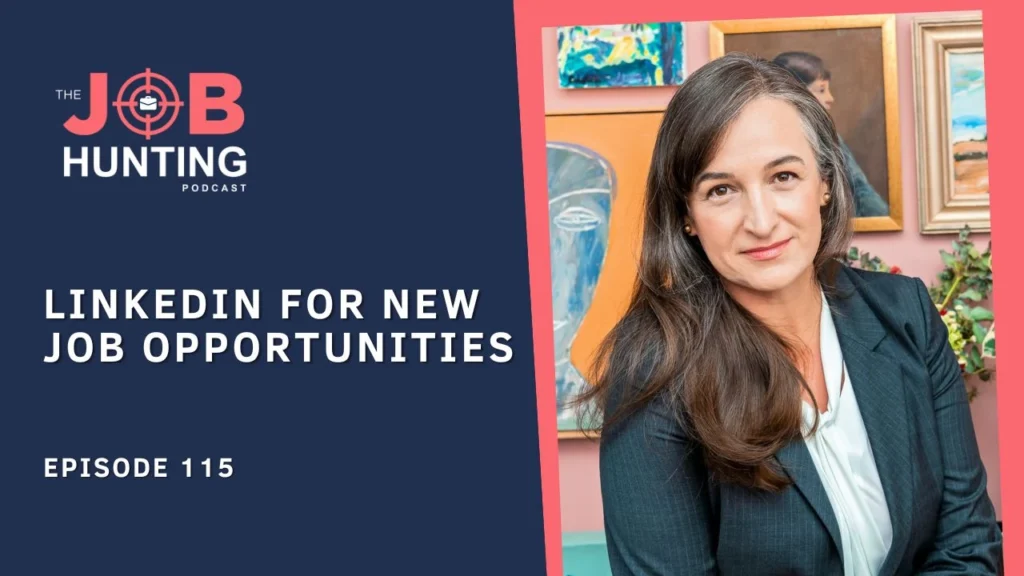With unemployment durations averaging 20 weeks in the USA, Australia, and the UK as of April 2024, the job market is tougher than ever. This is a significant improvement from December 2023, when the average duration was over 22 weeks, but it’s still a challenging environment for job seekers.
Having a strong professional reputation can make all the difference in this tough and competitive scenario and become one of your most valuable assets. It can open doors, provide resilience in tough times, and significantly shorten the duration of unemployment. But what exactly is reputation, and how does it differ from personal branding?
In this podcast episode (239), I discuss the nuances of professional reputation. Because I strongly believe that by understanding and leveraging concepts such as reputation and personal branding can accelerate your career advancement and help you achieve your goals.
Mastering Reputation
Reputation is one of the most powerful tools in a professional’s arsenal. In the corporate world, where competition for roles is fierce, a strong reputation can open doors, provide resilience in tough times, and significantly shorten the duration of unemployment. In this blog and on the podcast episode, let’s explore the nuances of professional reputation, its importance, and actionable steps to build and maintain it. We will also look at real-life examples of individuals who have mastered their reputations and those who have successfully rehabilitated theirs.
Understanding Reputation and Personal Brand
What is Reputation?
Reputation is the collective opinion of your peers, employers, and clients about your capability and professional conduct. It is built over time through every job you’ve performed, every deadline you’ve met, and every interaction you’ve had with colleagues and clients. It is somewhat passive, as it results from others’ perceptions of you, regardless of your efforts to shape it. Whether you intend to or not, you will develop a reputation based on your professional behavior and achievements.
What is Personal Brand?
While reputation is passive, personal brand is active. Personal branding involves intentionally marketing yourself to develop a career aligned with your goals and aspirations. It includes the active creation and management of your image, involving how you position yourself, explain past events, and shape perceptions of your future direction. Personal branding is crucial for career changers or those moving to a new geographical location or industry sector. It is about controlling the narrative and influencing how others perceive you.
The Importance of a Strong Reputation
Here are five reasons why you should start paying attention and enhancing your professional reputation, so that it becomes the most important asset in your career toolkit:
Faster Job Offers
A solid reputation for excellence and reliability makes you more likely to receive job offers quickly. Employers value candidates with a proven track record who come highly recommended. Recommendations often happen through networking benefits, where a good reputation provides a supportive professional network. This network can offer referrals, recommendations, and insider information about job opportunities.
Networking Benefits
Having a good reputation means you are more visible to recruiters and hiring managers, which can lead to more proactive job offers. These offers might come to you even when you’re not actively looking for them. A strong reputation increases your visibility and credibility, making it easier for recruiters to notice you and for hiring managers to trust you.
Higher Trust and Credibility
Trust and likability are critical factors in getting a job. A known reputation for quality and integrity reassures potential employers of your value. It reduces the time they need to verify your credentials and references because they already know of you and trust the people who recommend you. Social proof, testimonials, endorsements, and a strong presence in professional circles all contribute to this trust.
Better Salary Negotiation
Professionals with a strong reputation often have more leverage in salary negotiations. A good reputation signals to employers that you are a valuable asset, allowing you to negotiate better compensation and benefits. Anecdotally, many of my clients with strong reputations have successfully secured higher salaries and better job offers.
Resilience During Economic Downturns
Professionals with strong reputations are more resilient during tough economic times. They are valued more by employers, reducing the likelihood of long-term unemployment.
Real-Life Examples of Reputation
Ever wondered how top professionals build and maintain their stellar reputations? On the podcast I highlight four inspiring stories of well-known leaders who have set benchmarks in their fields.
Warren Buffett
Warren Buffett’s reputation is built on his profound investment prowess and ethics. He is admired not only in finance but also as a philanthropist and someone down to earth. Buffett’s long-term focus and integrity distinguish him in an industry often criticized for short-termism and high risk. His authentic leadership brand makes complex investments accessible and understandable to many, showcasing that you don’t have to conform to the norm to succeed.
Ginny Rometty
Ginny Rometty, the former CEO of IBM, is known as a transformational leader. She steered IBM towards embracing cloud computing and AI, focusing on growth and innovation. Her reputation is built on her ability to drive significant change and lead a major corporation through technological advancements.
Mary Barra
Mary Barra, the CEO of General Motors, is known for her problem-solving leadership style. She took the helm shortly after GM’s bankruptcy and successfully revitalized the company with strategies that saved it during a critical time. Barra’s reputation is built on her resilience and ability to lead through challenging circumstances.
Robert Downey Jr.
Robert Downey Jr.’s story is one of remarkable recovery. Known for his legal issues and substance abuse problems, he disappeared from acting for years. Through commitment to sobriety and revitalizing his career, he not only returned to greatness but surpassed his previous successes. His journey shows that it is possible to restore and even enhance your reputation with dedication and effort.
These leaders show that a strong reputation is built on consistency, integrity, and the ability to lead through challenging times. They also illustrate the importance of being authentic and true to oneself, regardless of industry norms.
Steps to Recover from a Damaged Reputation
Even the most successful professionals can face challenges that impact their reputation. The key is how you recover and rebuild it.
Here is a summary of the crucial steps we cover on the podcast:
Acknowledge and Take Responsibility
The first step in recovering from a damaged reputation is acknowledging your mistakes and taking full responsibility. Public figures like Tiger Woods and Robert Downey Jr. publicly admitted their mistakes and took steps to address them.
Seek Professional Help
Depending on your situation, seeking professional help might be necessary. This could involve working with a career coach, life coach, or health provider. Professional guidance can help you navigate the challenges of reputation recovery and support your personal growth.
Demonstrate Behavior Change
A genuine apology and a commitment to change are crucial. This involves building new behaviors, disciplines, and ways of working. Demonstrating long-term change and commitment to personal and professional integrity is essential for regaining trust.
Maintain Transparent Communication
Being transparent about the steps you’re taking to rectify mistakes and improve your professional conduct is vital. Effective communication helps rebuild trust and shows your commitment to change.
Support Relevant Causes
Supporting causes aligned with your situation can help in reputation recovery. Advocating for issues related to your challenges demonstrates your commitment to positive change and can reestablish your professional credential.
Upskill or Reskill
Updating your skills is crucial, especially if you’ve been out of the game for a while. Engaging in continuous learning and professional development helps you stay relevant and demonstrates your dedication to improvement.
Building and maintaining a strong professional reputation is not just about doing good work; it’s about consistently communicating that value to a broader professional community. In challenging times, the value of a good reputation is exponential, easing your path into employment, enhancing your visibility, and boosting your credibility. Whether you are building your reputation from scratch or recovering from a setback, the steps outlined above can guide you toward a resilient and successful career.
Remember, reputation is a long-term investment. Be patient, strategic, and kind to yourself. Spend time developing a strong personal brand, understanding your current reputation, and continuously improving it. This investment will pay off by providing resilience, opening up opportunities, and helping you achieve your career goals.


